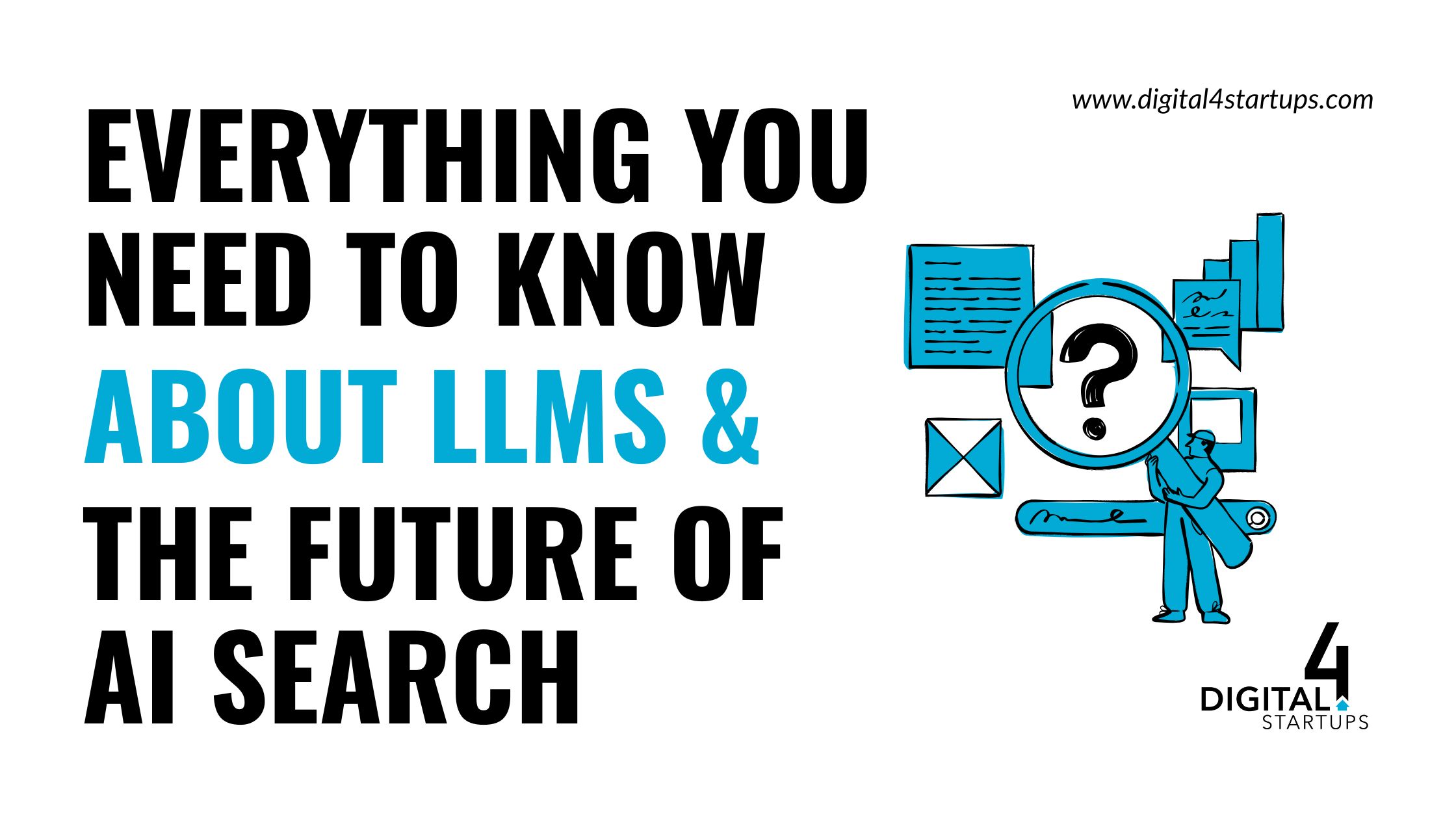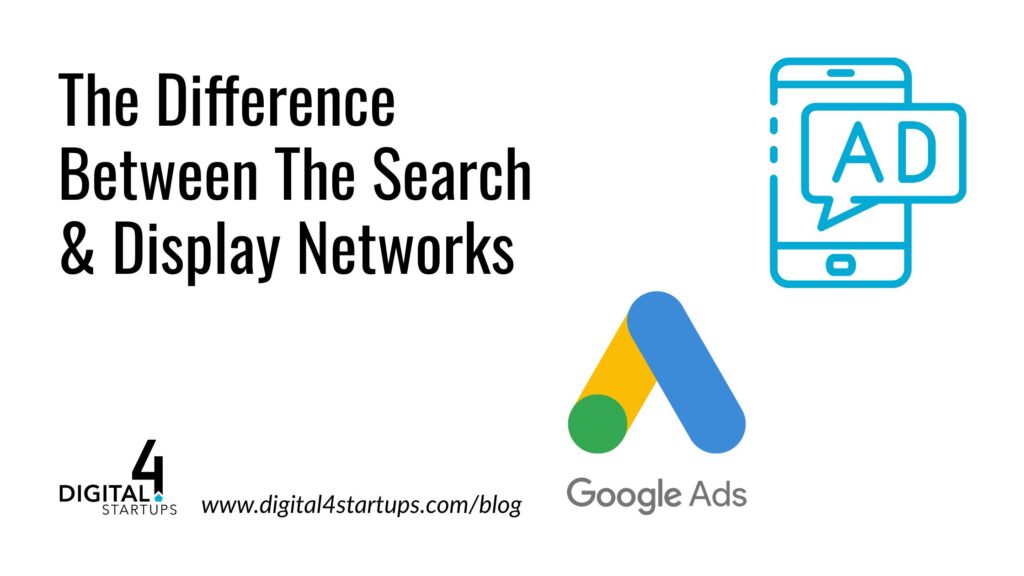
LLMs & the future of AI Search
Search isn’t dead, but it has changed. Today, people turn to ChatGPT or Gemini for answers just as quickly as they open Google.
That shift upends everything: attribution disappears, brand visibility grows opaque, and companies that don’t adapt risk being erased from the conversation altogether.
For growth brands, the stakes couldn’t be higher. The good news? With the right strategy, you can shape how AI perceives and discusses your brand.
That’s where Large Language Models (LLMs) come in. In this month’s blog post, we will discuss what LLMs are, why we are shifting towards them, and how you can navigate them.
What are LLMs?
Large Language Models (LLMs) are AI systems trained on massive datasets of text and code, enabling them to understand, generate, and manipulate human language. LLM tools like ChatGPT and Gemini are rapidly gaining traction.
To stay ahead, marketers must understand LLMs and adapt, assessing brand visibility and preparing strategies that deliver better experiences and results.
While these programs can also be useful in terms of productivity and research, it is important to note that there are concerns around bias, accuracy, and ethical considerations.
How will LLMs affect search in the future?
The shift towards LLMs disrupts conventional SEO and analytics, meaning that enterprise and high-growth clients have more to lose from misrepresentation in AI-generated content. These businesses need proactive tools to monitor how their brand appears (or doesn’t) in AI-generated answers, and the ability to shape that narrative before it becomes entrenched.
To compete in this AI-first world, brands must integrate SEO and PPC data at the keyword level. You’re no longer just competing for keywords, you’re competing for the favor of reasoning engines that don’t care about your heritage or personality.
Before going all-in, confirm that your target audience is using LLMs. With usage climbing daily, future-proofing your business is often the smartest bet.
That means auditing your data for AI accessibility. Ask yourself: Could a reasoning engine recommend your product? Does it have access to clear, accurate details on features, pricing, use cases, and performance?
How do you go about optimizing for LLMs?
Optimizing for LLMs starts with auditing your data for AI accessibility, then continuously monitoring visibility to stay ahead of shifts in user behavior.
Begin with tools like Google’s “People Also Ask” (PAA) to surface common questions in your niche, then analyze those results to understand what your audience is really looking for.
Next, run those questions through both an LLM (ChatGPT, Gemini) and traditional search. Comparing the results reveals how your visibility differs across platforms.
Finally, update your website and ads with the information LLMs need to make accurate recommendations. Optimize content with reasoning engines in mind.
Conclusion
LLMs mark a structural change in how people discover, evaluate, and engage with brands. Rather than resisting that shift, the opportunity lies in meeting it head-on. Brands that succeed won’t just be found but also be recommended by LLMs like ChatGPT and Gemini.
That means knowing what AI currently says about your brand, and deciding what you want it to say. Actively curate your brand’s digital presence so that AI-driven platforms can accurately recommend and represent you.
Make it a priority to regularly review and update content for AI relevance, ensuring your business stays visible and competitive as search evolves. Need help optimizing your website and ads for LLMs? Reach out at info@digital4startups.com.


